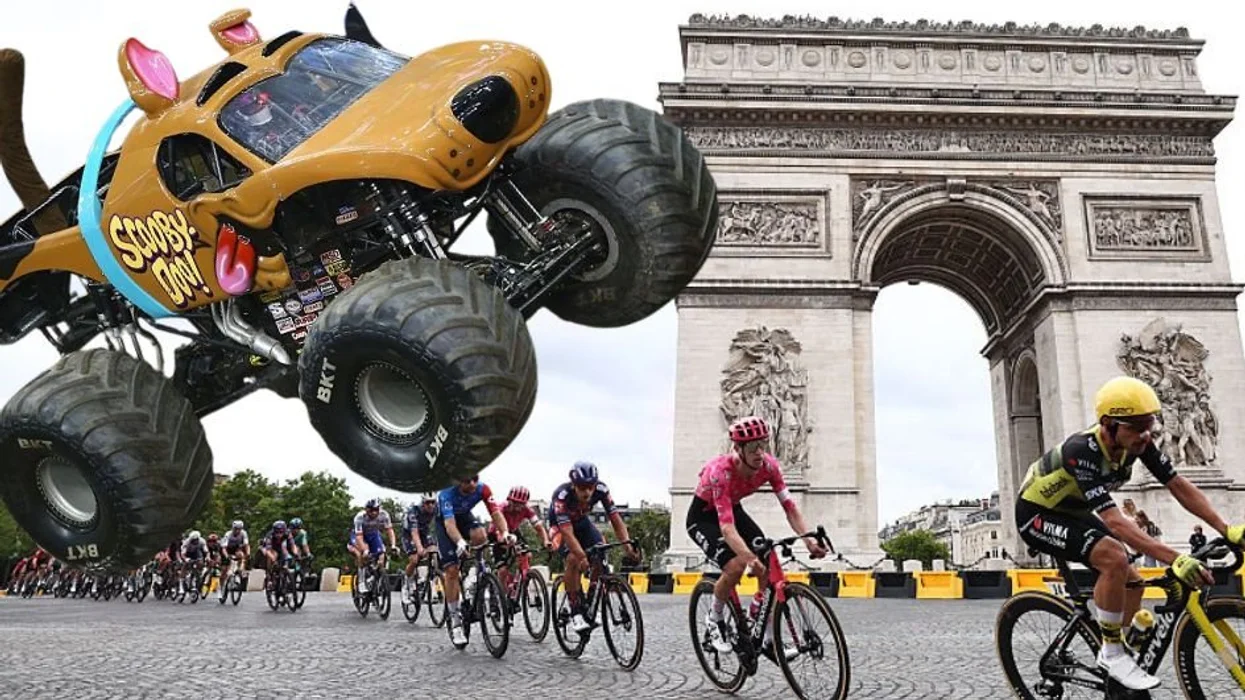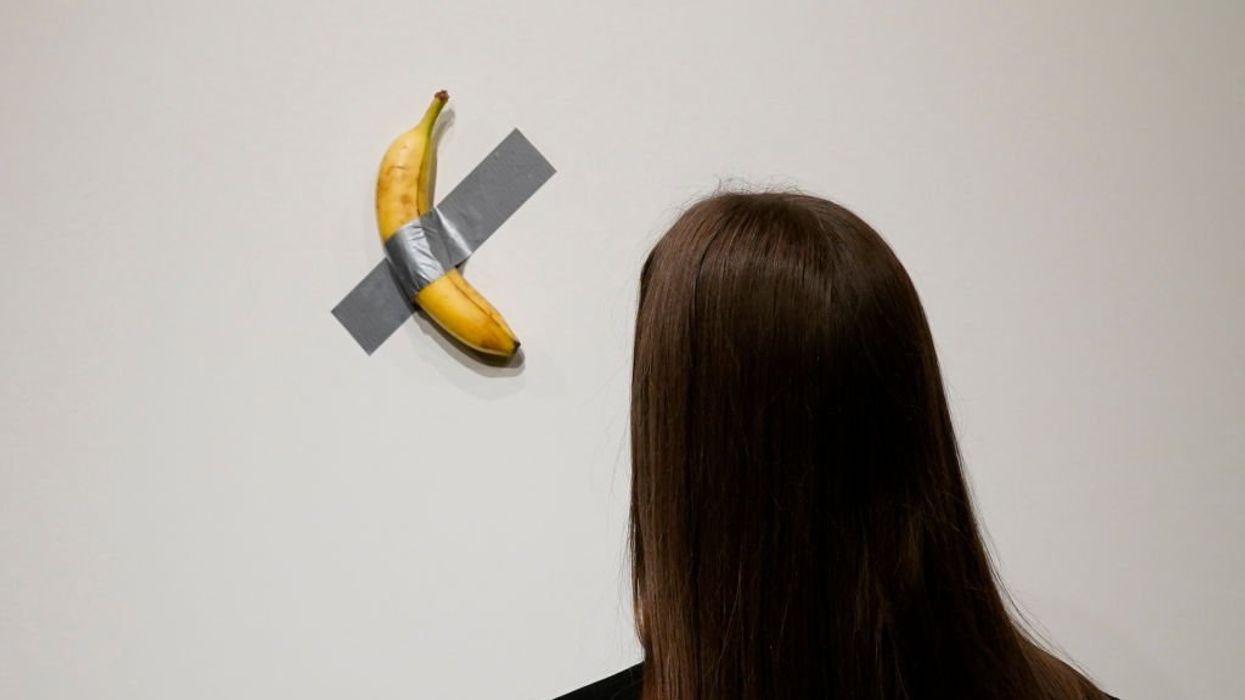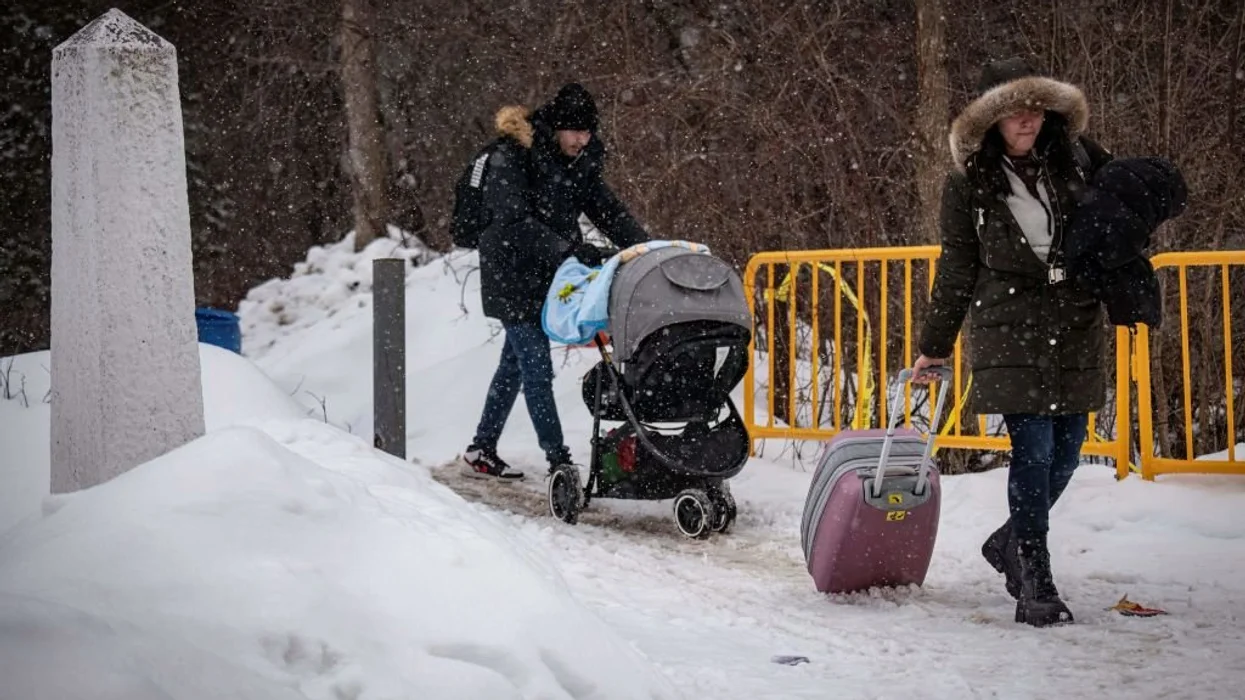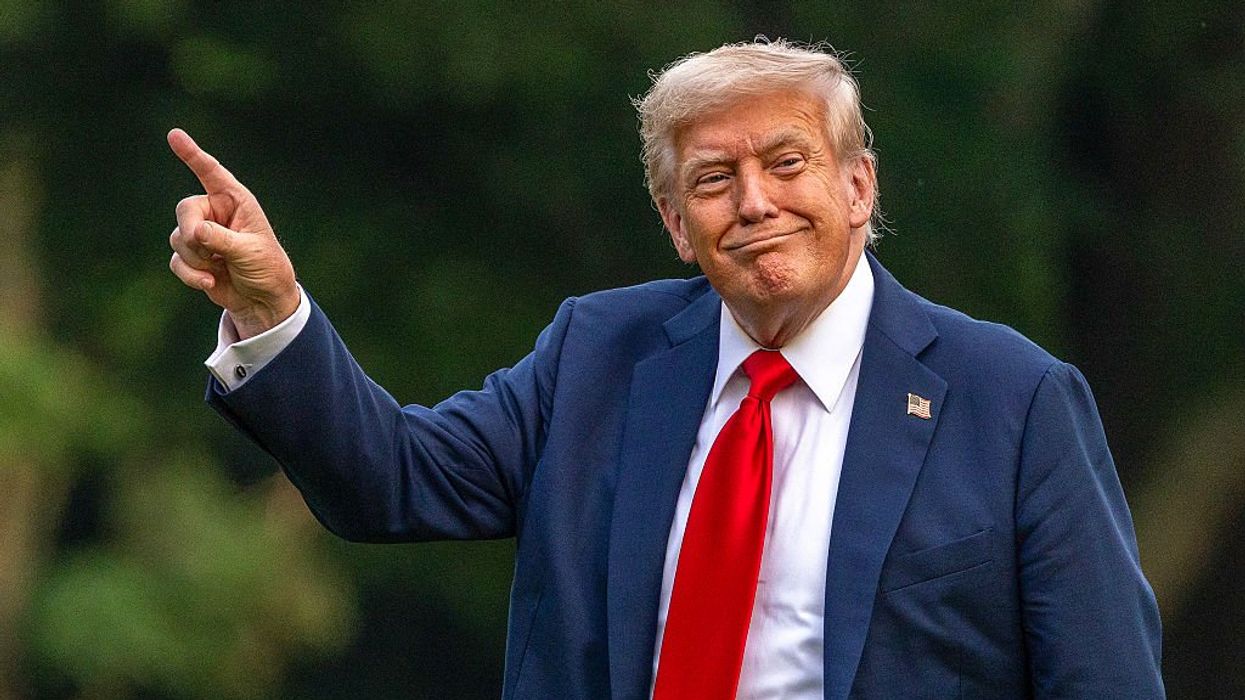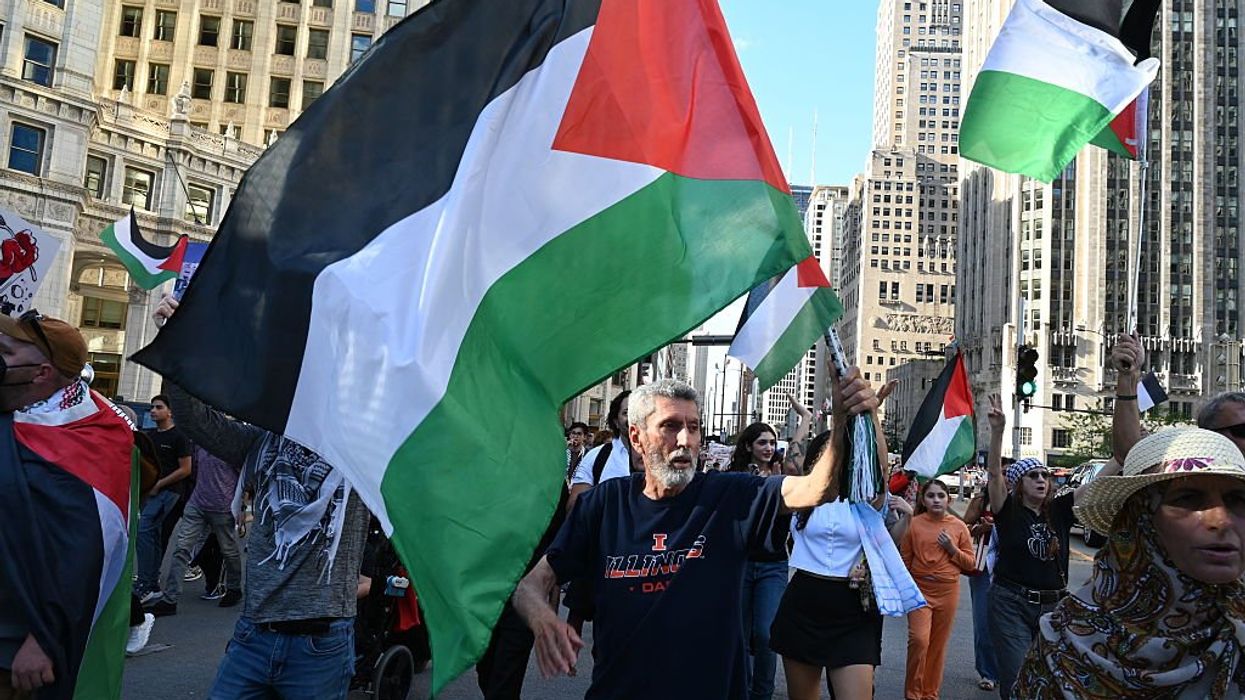© 2025 Blaze Media LLC. All rights reserved.
"Why Christians?"
MAIDUGURI, Nigeria (AP) — Dozens of armed men attacked the church on Christmas Eve, dragging the pastor out of his home and shooting him to death. Two young men from the choir who were rehearsing for a late-night carol service also were slain.
The group of about 30 attackers armed with guns and knives also killed two people who were passing by Victory Baptist Church. The assailants only left after setting the church and pastor's house ablaze.
Danjuma Akawu, the church's secretary, managed to escape after he and others climbed over the church's fence.
"I cannot understand these attacks, Akawu said. "Why Christians? Why Christians? The police have failed to protect us."
At the opposite end of the city, Rev. Haskanda Jessu with the Church of Christ in Nigeria said that three men attacked his church an hour later, killing a 60-year-old security guard.
At least 38 people died over the holiday weekend in attacks across Nigeria, including the six killed at the churches in the country's north by suspected members of a radical Muslim sect. In central Nigeria, 32 died in a series of bomb blasts.
Two of the bombs went off near a large market where people were doing last-minute Christmas shopping. A third hit a mainly Christian area of Jos, while the fourth was near a road that leads to the city's main mosque.
It was not immediately clear whether they were related to the violent church attacks. The two areas are about 320 miles (520 kilometers) apart.
The group blamed for the church attacks — the radical Muslim sect known as Boko Haram — used to be based in Bauchi, about 75 miles (120 kilometers) from the area where the bombs went off. The group is now headquartered in Maiduguri, where the church attacks took place Christmas Eve.
Nigerian President Goodluck Jonathan expressed his sympathy to the victims' families and said the government would bring the perpetrators to justice.
"I assure Nigerians that government will go to the root of this," he said of the explosions. "We must unearth what caused it and those behind it must be brought to book."
Religious violence already has left more than 500 people dead this year in Jos and neighboring towns and villages, but the situation was believed to have calmed down before the weekend bombings. The explosions Friday were the first major attack in Jos since the state government lifted a curfew in May.
Nigeria, a country of 150 million people, is almost evenly split between Muslims in the north and the predominantly Christian south. The blasts happened in central Nigeria, in the nation's "middle belt," where dozens of ethnic groups vie for control of fertile lands.
The violence, though fractured across religious lines, often has more to do with local politics, economics and rights to grazing lands. The government of Plateau state, where Jos is the capital, is controlled by Christian politicians who have blocked Muslims from being legally recognized as citizens. That has locked many out of prized government jobs in a region where the tourism industry and tin mining have collapsed in the last decades.
"What has happened on the eve of Christmas is unfortunate, especially at this time when we want to ensure peace and security in the state," said Gregory Yenlong, the state commissioner for information.
While the police and army have declined to identify suspects in the bombing attacks, authorities have blamed the radical Muslim sect Boko Haram for the Christmas Eve church attacks. Boko Haram means "Western education is sacrilege" in the Hausa language. Its members re-emerged recently after starting a July 2009 riot that led to a violent security crackdown, which left 700 people dead.
Police accuse Boko Haram members of a rash of targeted killings in recent months during which more than 30 people have been killed including police officers, soldiers, political and spiritual leaders.
The holiday violence in Nigeria comes as the president, a Christian from the south of Nigeria, is trying to unify the country ahead of next year's election. Jonathan became president earlier this year following the death of Nigeria's elected Muslim leader, and some within his party feel the next leader should also be Muslim.
Party leaders had anticipated that Jonathan's predecessor would hold office for two, four-year terms like the Christian president before him. An unwritten agreement in the ruling People's Democratic Party calls for its presidential candidates to alternate between the Christian south and the Muslim north.
___
Associated Press Writer Ahmed Mohammed in Jos, Nigeria contributed to this report.
Want to leave a tip?
We answer to you. Help keep our content free of advertisers and big tech censorship by leaving a tip today.
Want to join the conversation?
Already a subscriber?
more stories
Sign up for the Blaze newsletter
By signing up, you agree to our Privacy Policy and Terms of Use, and agree to receive content that may sometimes include advertisements. You may opt out at any time.
Related Content
© 2025 Blaze Media LLC. All rights reserved.
Get the stories that matter most delivered directly to your inbox.
By signing up, you agree to our Privacy Policy and Terms of Use, and agree to receive content that may sometimes include advertisements. You may opt out at any time.
